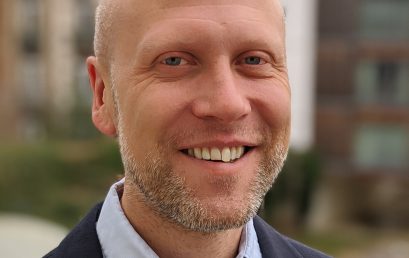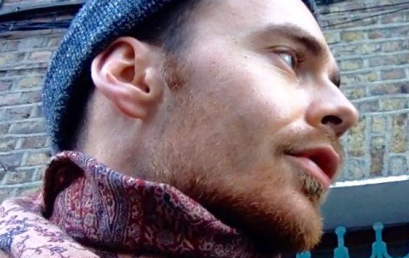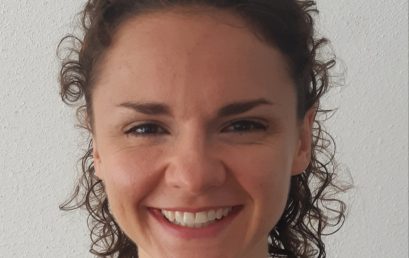More careful ≠ less carless: The comparative nature of counterfactual thoughts alters judgments of their impact
More careful ≠ less carless: The comparative nature of counterfactual thoughts alters judgments of their impact Karl-Andrew Woltin (Professeur, Université Catholique de Louvain) A more-less asymmetry has been demonstrated in responses to claims about differences: People evaluate more positively, consider more likely true, and agree more with claims making more-than rather than less-than comparisons, presumably […]
Croire ou ne pas croire en la méritocratie scolaire : du confort individuel au désengagement collectif
Croire ou ne pas croire en la méritocratie scolaire : du confort individuel au désengagement collectif Céline Darnon (Professeure de psychologie sociale, Université Clermont Auvergne) Ce séminaire aura lieu en présentiel à l’adresse suivante : ULB Solbosch, local UB2.139 (Bâtiment U, porte B, local 139 au réz-de-chausse, plan ici: https://www.ulb.be/fr/solbosch/plan-du-campus).
Can individuals who (de)humanize immigrants the most be able to support them? The power of imagined positive contact
Can individuals who (de)humanize immigrants the most be able to support them? The power of imagined positive contact Pinar Celik (Associate Professor, Solvay Brussels School of Economics and Management) To what extent might intergroup contact interventions have a positive effect on individuals who dehumanise immigrants? Dehumanization is the psychological process of denying humanness to outgroup […]
The individual-level and nation-level predictors of willingness to believe conspiracy theories
The individual-level and nation-level predictors of willingness to believe conspiracy theories Prof. Matthew Hornsey (University of Queensland) In this talk I first review the cognitive, clinical, and ideological factors that predispose individuals to believe conspiracy theories. Drawing on a series of multinational datasets, I then examine why some nations are more prone to conspiracist thinking […]
Moralisation and its cognitive consequences: three studies
Moralisation and its cognitive consequences: three studies Dr. Antoine Marie (Aarhus University) The projects I will present explore the cognitive consequences of moralisation. A) In the first one (https://osf.io/twq3y/), conditionally accepted at PNAS Nexus, we find that moralising an issue (gun control, abortion) and having an extreme attitude on it, increase intentions to share both […]
Le dénigrement des capacités mentales des animaux de laboratoire : une stratégie motivée de désengagement moral
Le dénigrement des capacités mentales des animaux de laboratoire : une stratégie motivée de désengagement moral Dr. Kevin Vezirian (University of Western Australia) La perception des capacités d’esprit chez autrui est l’essence de la moralité et l’origine de nos jugements moraux à leurs égards (Gray et al., 2012), et ne pas infliger de la souffrance […]
Colorblindness and the motivation to improve intergroup relations: The role of an incongruent status quo
Colorblindness and the motivation to improve intergroup relations: The role of an incongruent status quo Dr. Jessica Gale (University of Lausanne) Social psychologists have long debated the implications of treating people as unique individuals for intergroup relations. The present research examines a normative explanation for mixed evidence on the topic by focusing on colorblindness as […]
Is increasing diversity inherently threatening? Depends on the policies.
Is increasing diversity inherently threatening? Depends on the policies. Dr. Judit Kende (Université libre de Bruxelles) Our social world is becoming increasingly diverse. Some studies demonstrate that the native ethnic majority population might respond to the increasing presence of immigrants by feeling threatened. threatening for the. Similarly, recent papers show that drawing the attention of […]







